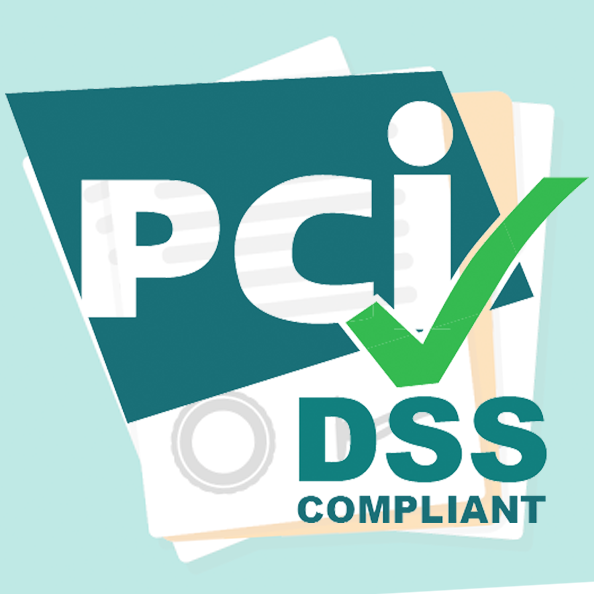Privacy Concerns with AI & Medical Records
Our latest article explores data security risks, informed consent, anonymization challenges, data ownership issues, regulatory hurdles, and the need for transparency in AI decision-making.
 Artificial Intelligence (AI) will revolutionize the way we approach medical records, promising improved diagnostics, personalized treatment plans, and streamlined administrative processes. However, alongside these advancements come significant privacy concerns that need to be addressed to protect patient data and maintain trust in the healthcare system.
Artificial Intelligence (AI) will revolutionize the way we approach medical records, promising improved diagnostics, personalized treatment plans, and streamlined administrative processes. However, alongside these advancements come significant privacy concerns that need to be addressed to protect patient data and maintain trust in the healthcare system.
Data Security Risks
One of the primary concerns with AI and medical records is data security. Medical records contain highly sensitive information, including personal identification details (PHI), medical histories, and financial information. AI systems, which require large datasets to function effectively, can expose this information to potential cyber threats. Data breaches can lead to unauthorized access to patient records, resulting in identity theft, insurance fraud, and other malicious activities.
Informed Consent
AI systems often require vast amounts of data to learn and improve. This raises questions about patient consent. Patients must be fully informed about how their data will be used, who will have access to it, and the potential risks involved. In many cases, patients may not fully understand the implications of consenting to using their data for AI purposes, leading to concerns about whether their consent is truly informed.
Anonymization and Re-Identification
While anonymization techniques are employed to protect patient identities in datasets used for AI, there is a risk of re-identification. Advanced algorithms can sometimes piece together anonymized data with other available information to re-identify individuals. This undermines the privacy protections in place and poses a significant threat to patient confidentiality.
Data Ownership and Control
The question of who owns and controls medical data is another significant concern. As AI systems are often developed and maintained by private companies, there is a risk that these companies may claim ownership over the data they process. This can lead to conflicts over data usage rights and the commercialization of patient information without proper consent or compensation.
Regulatory and Compliance Challenges
The rapid development of AI technologies often outpaces the establishment of appropriate regulatory frameworks. Ensuring that AI systems comply with existing healthcare regulations, such as the Health Insurance Portability and Accountability Act (HIPAA) in the United States, is challenging. Regulatory bodies need to adapt and create guidelines that specifically address the unique challenges posed by AI in healthcare.
Transparency and Accountability
The complexity of AI algorithms can make it difficult to understand how decisions are made. This lack of transparency can erode trust in AI systems and make it challenging to hold developers accountable for errors or biases in the system. Patients and healthcare providers need clear explanations of how AI systems work and how decisions are reached to ensure trust and accountability.
The integration of AI into medical records presents both significant opportunities and substantial privacy concerns. Addressing these concerns requires a multifaceted approach, including robust data security measures, clear and informed patient consent processes, effective anonymization techniques, and comprehensive regulatory frameworks. By tackling these challenges head-on, we can harness the potential of AI in healthcare while safeguarding patient privacy and maintaining trust in the system.


